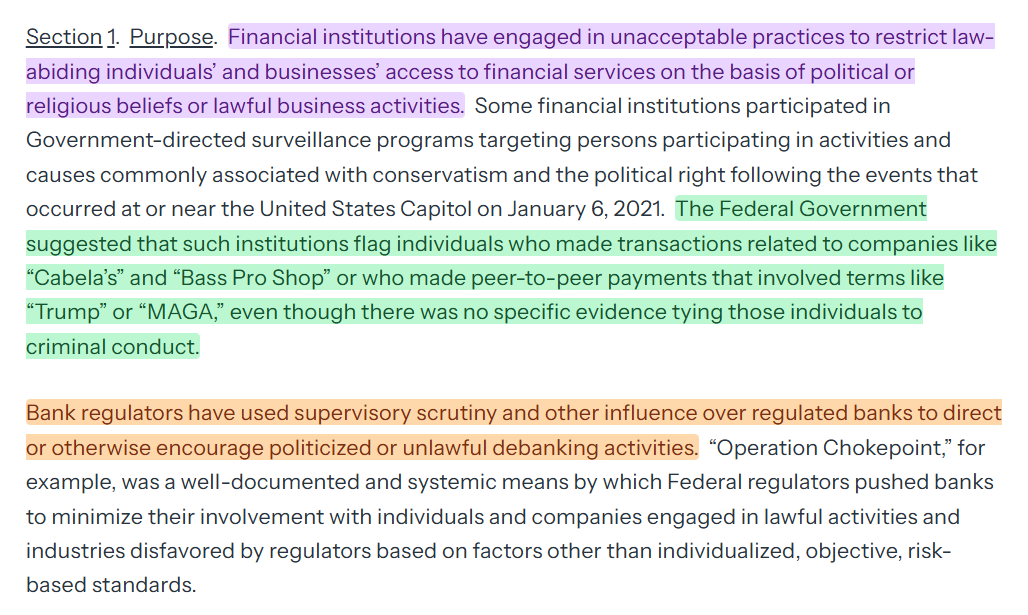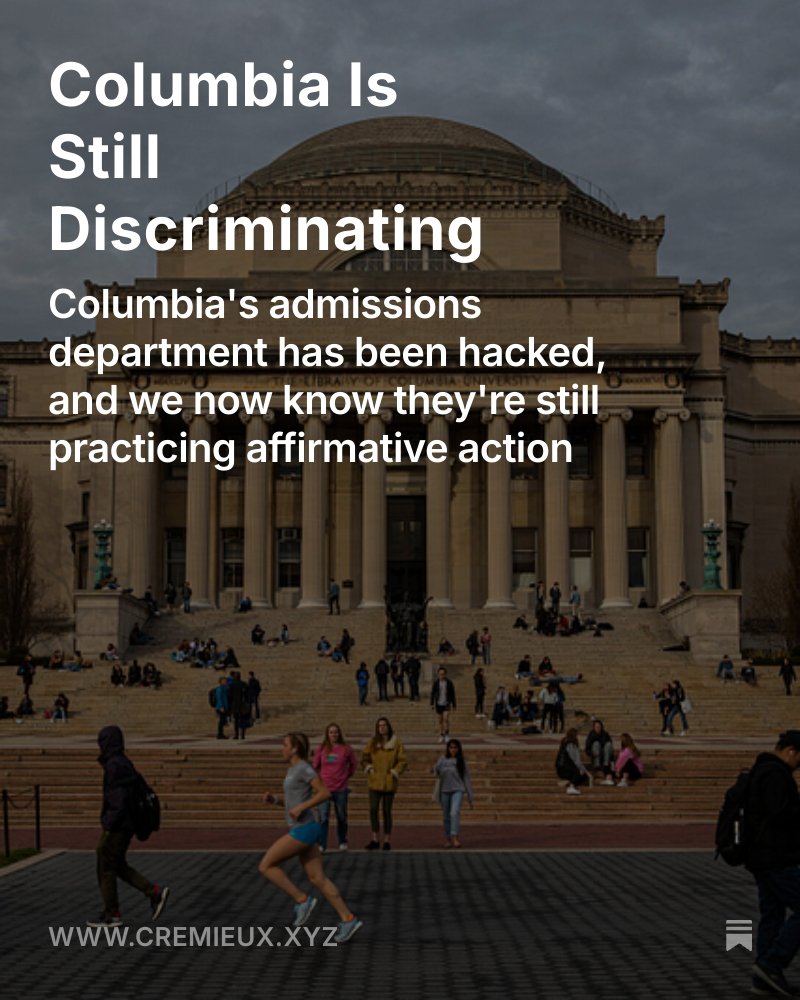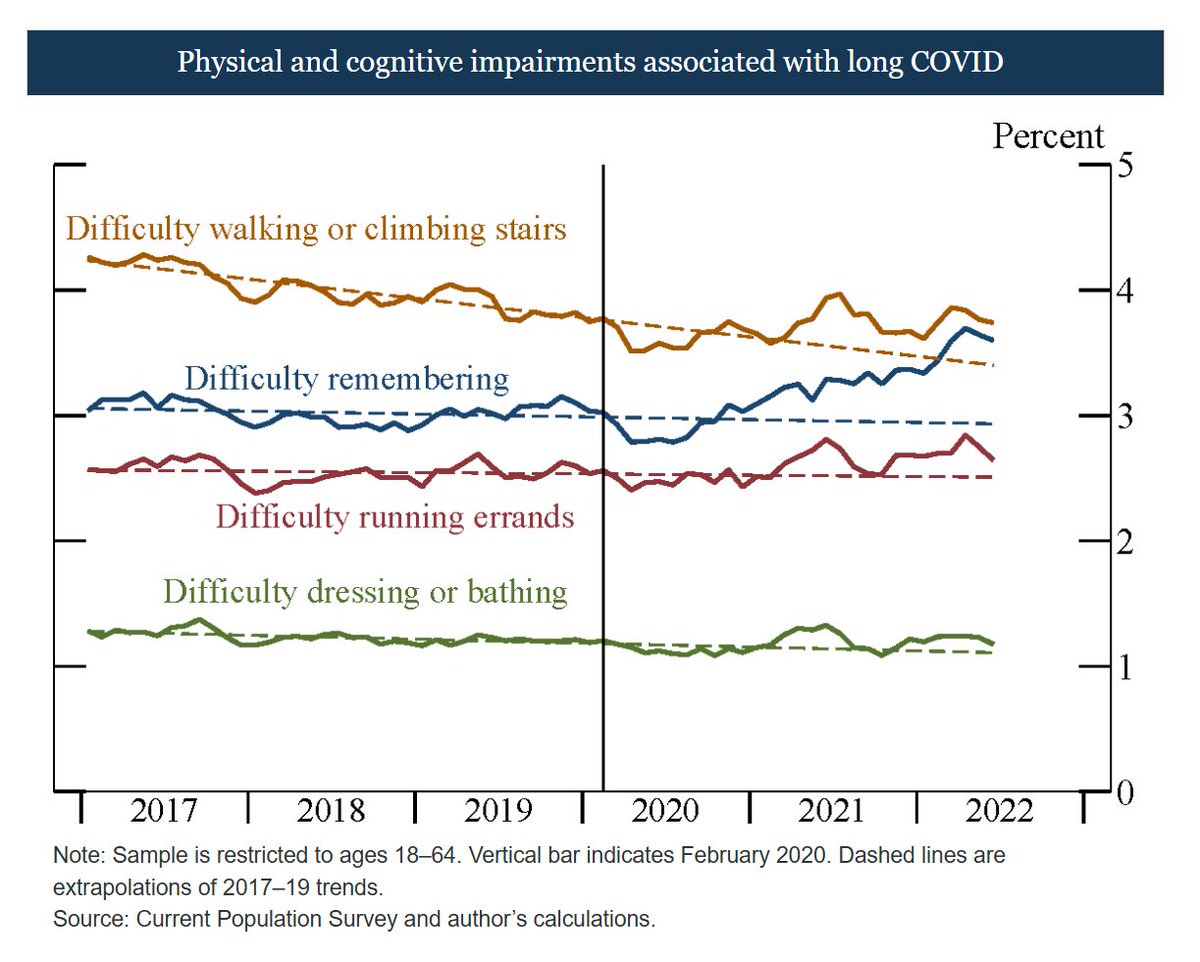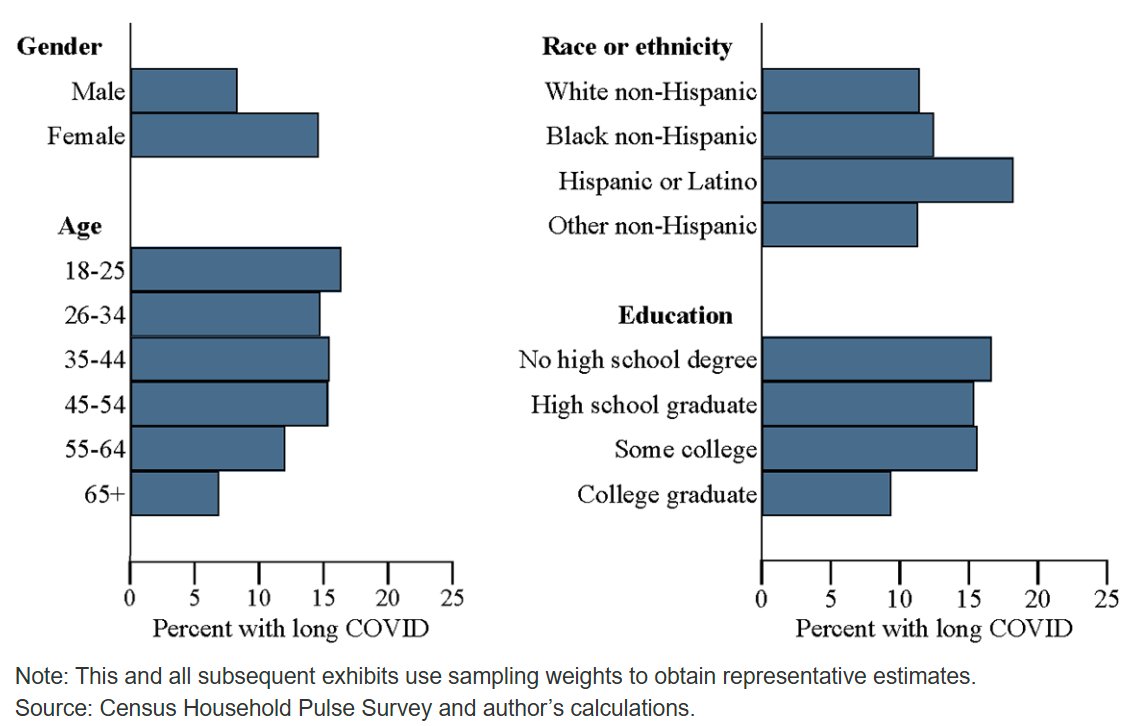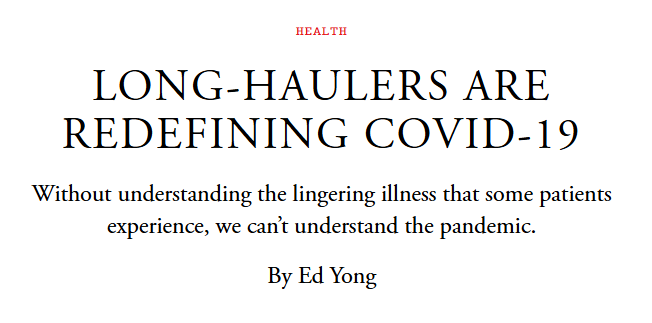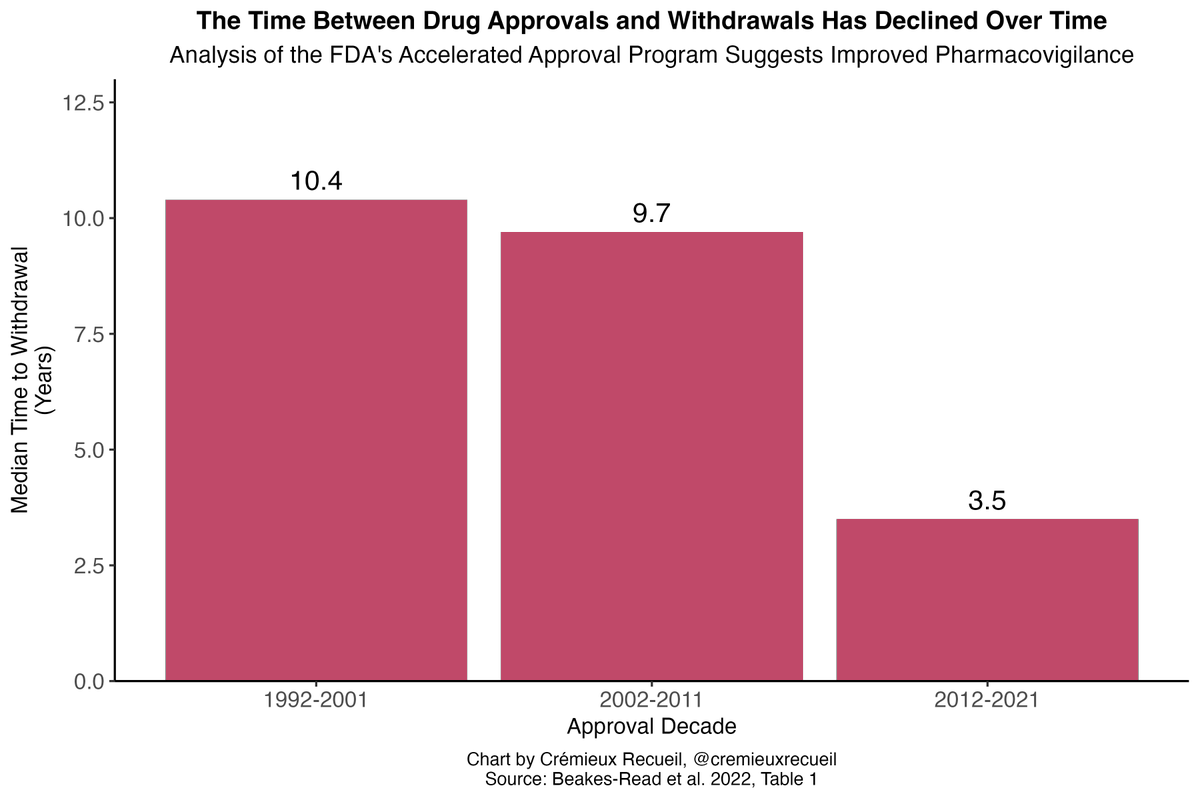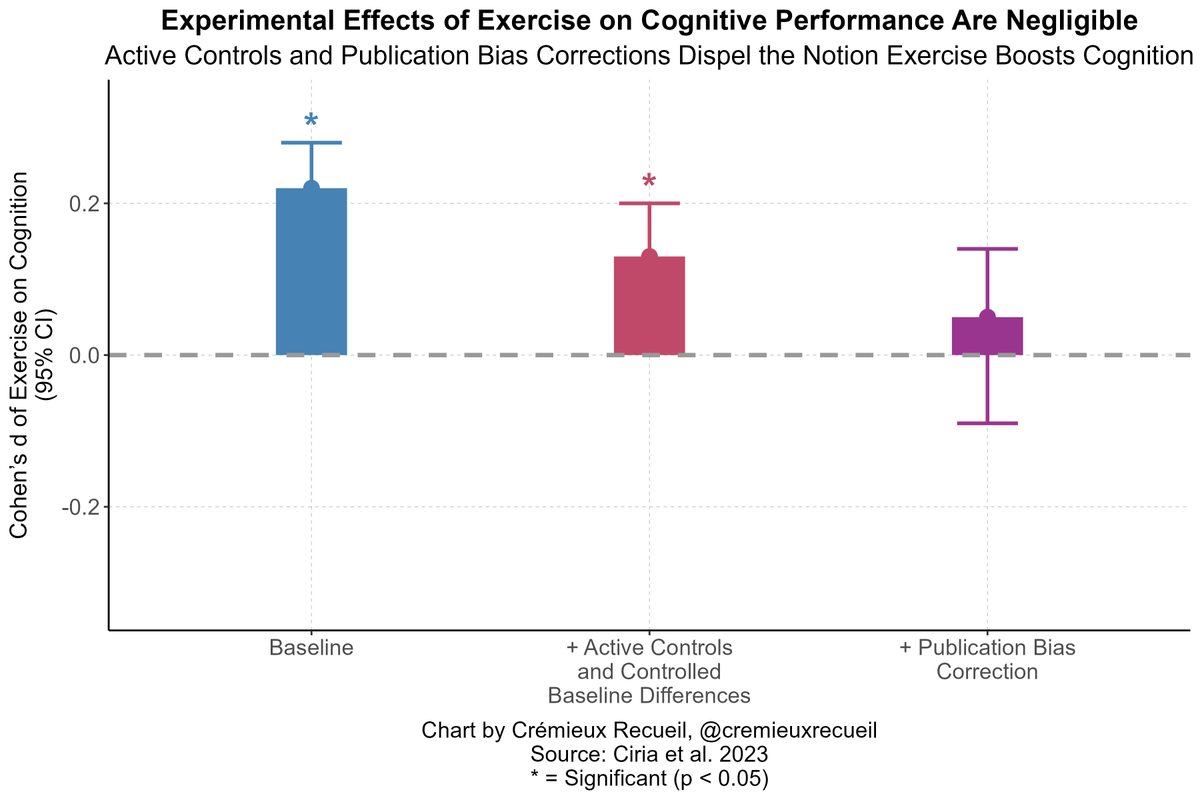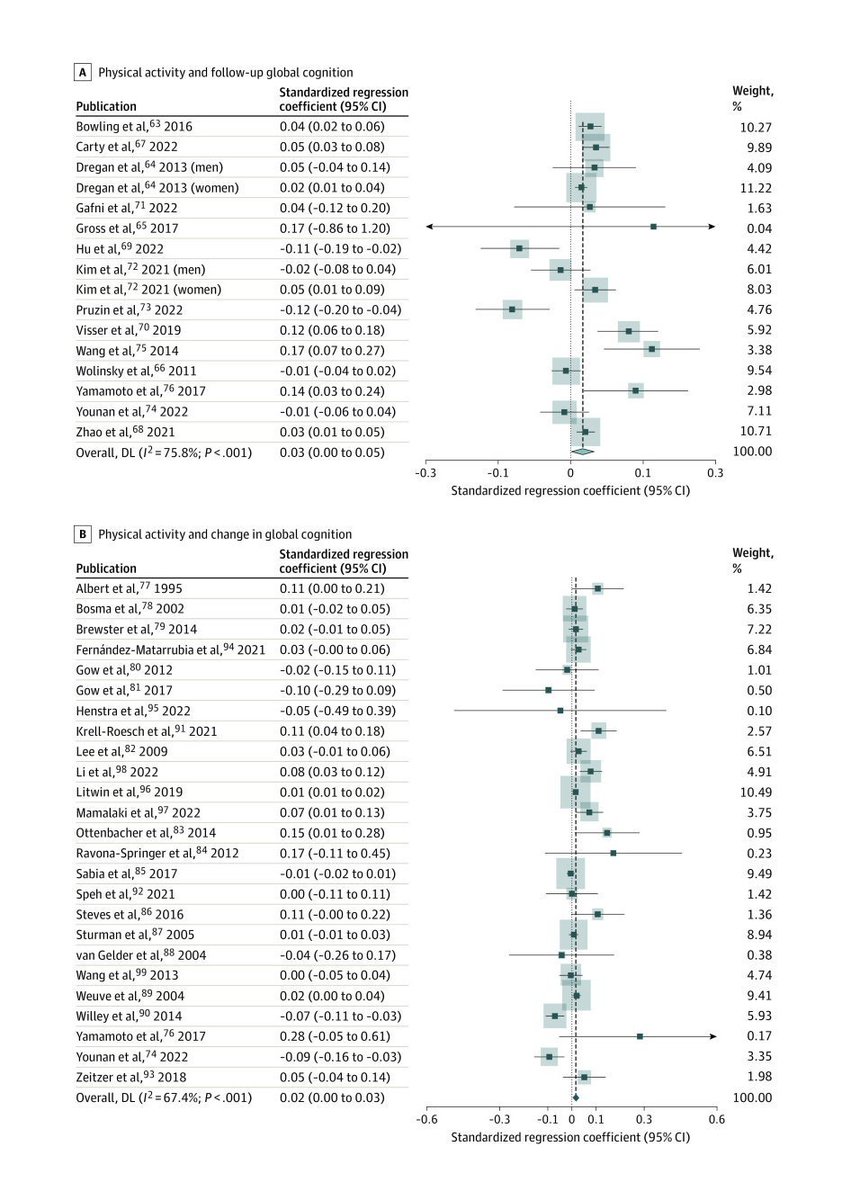It's finally here!
Trump has made IPEDS reform official!
American colleges and universities will now be mandated to provide all of the data involved in making admissions decisions.
The American people will know if universities are continuing to engage in racial discrimination.
Trump has made IPEDS reform official!
American colleges and universities will now be mandated to provide all of the data involved in making admissions decisions.
The American people will know if universities are continuing to engage in racial discrimination.
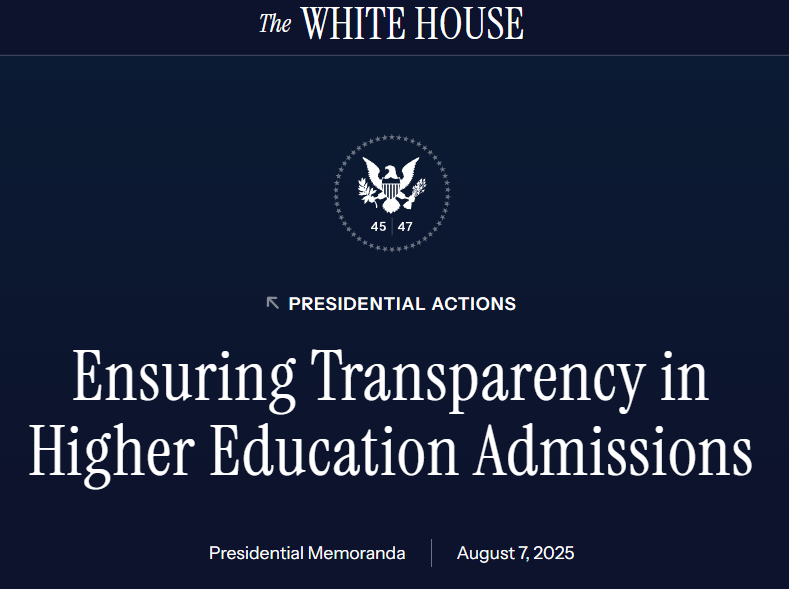
You guys don't know how long this has been in the works.
My hat goes off to the hard-working people of the Domestic Policy Council for making this happen, and to everyone else who had a hand in this.
Won't name any names, but you know who you are, and you know I appreciate you.
My hat goes off to the hard-working people of the Domestic Policy Council for making this happen, and to everyone else who had a hand in this.
Won't name any names, but you know who you are, and you know I appreciate you.
You can read this executive memorandum here: whitehouse.gov/presidential-a…
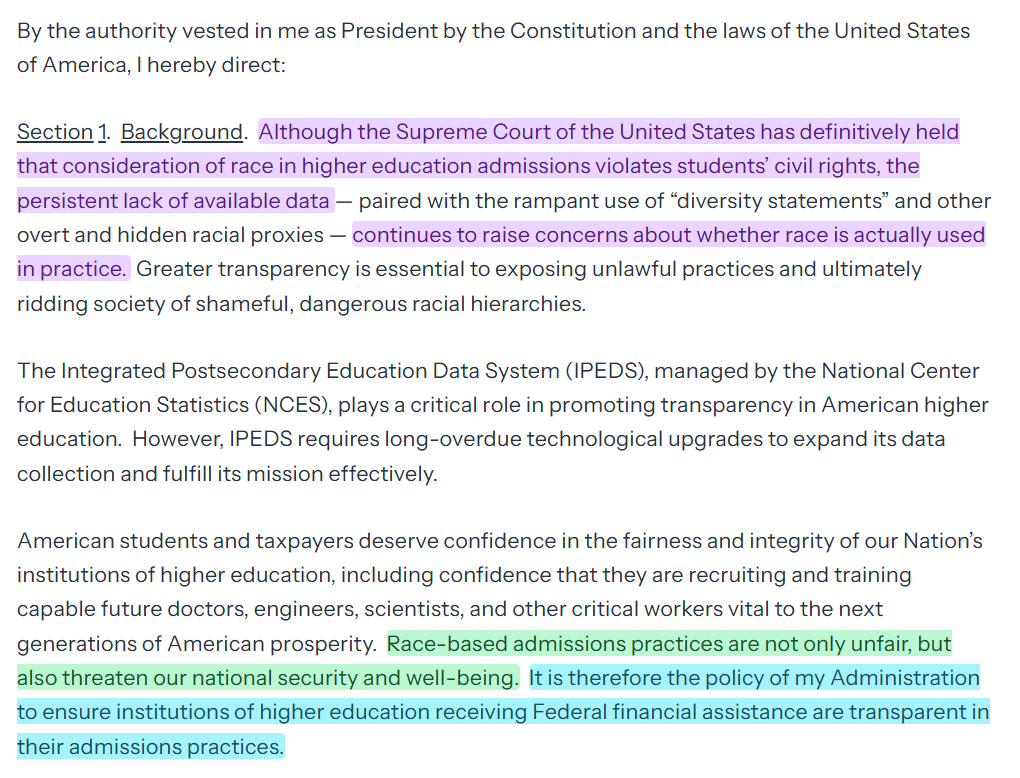
• • •
Missing some Tweet in this thread? You can try to
force a refresh



